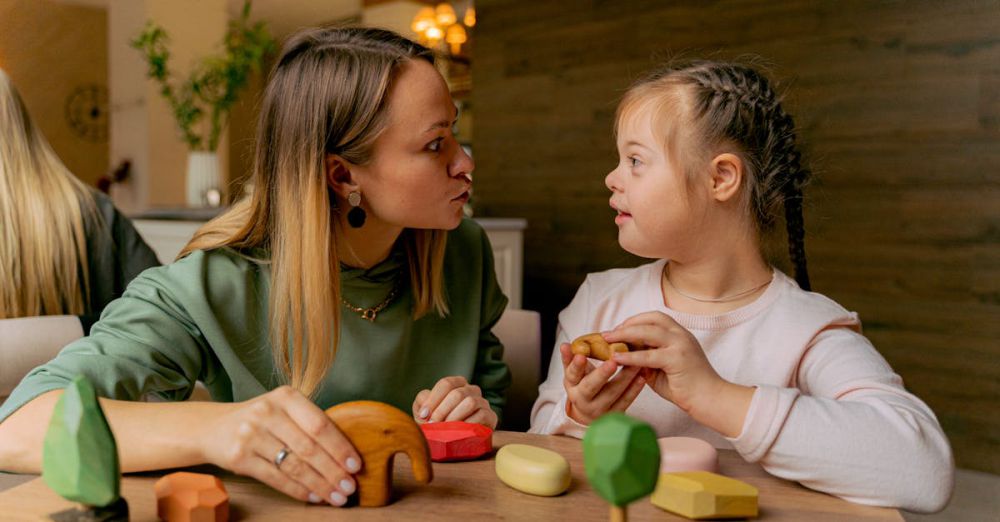How Do I Choose the Best Gifts for Kids with Special Needs
Selecting the perfect gift for a child is always an exciting endeavor, but when it comes to kids with special needs, the process can take on a deeper significance. A thoughtful gift can boost their confidence, stimulate their senses, and encourage social interaction. However, the best gifts go beyond mere entertainment; they should be tailored to the child’s unique abilities, preferences, and developmental stage. Here are some essential considerations to guide you in your gift-giving journey.
Understanding the Child’s Needs
Before diving into gift options, take some time to understand the specific needs of the child. Special needs can encompass a wide range of conditions, including autism, Down syndrome, ADHD, sensory processing disorders, and physical disabilities. Each child is unique, and what works for one may not work for another. Talk to parents or caregivers to gain insights into the child’s likes, dislikes, and any particular challenges they face. This understanding will empower you to choose a gift that resonates with the child and supports their growth.
Choosing Age-Appropriate Gifts
Age appropriateness is crucial in gift selection. Toys and activities designed for younger children may not engage older kids, while gifts meant for older children might overwhelm younger ones. When selecting a gift, refer to age guidelines on packaging, but also consider the child’s developmental level. For instance, a child might be physically older but cognitively younger, or vice versa. By aligning your gift with their developmental stage, you ensure that it will be enjoyable and beneficial.
Focusing on Sensory Play
Many children with special needs thrive on sensory experiences. Gifts that engage their senses—sight, sound, touch, taste, and smell—can be particularly effective. Consider tactile toys, such as squishy balls, textured blankets, or sensory bins filled with rice or sand. Visual stimulation can come from colorful lights, projectors, or art supplies. Sound-oriented gifts could include musical instruments or toys that produce various sounds. Sensory experiences can be calming and help develop motor skills, making them excellent choices for children with sensory processing issues.
Promoting Social Skills and Interaction
Gift-giving is also an opportunity to foster social skills. Look for gifts that encourage group play or cooperative activities. Board games designed for teamwork, card games adapted for different skill levels, or interactive toys that require multiple players can all help children practice sharing, taking turns, and communication. Social play not only entertains but also builds vital skills that contribute to the child’s overall development.
Encouraging Independence and Life Skills
Gifts that promote independence and life skills can be especially beneficial for children with special needs. Tools that focus on daily living tasks—like cooking kits, gardening sets, or crafts—can help children develop confidence and autonomy. Consider items that encourage self-expression, such as journals or art kits, which allow them to explore their creativity while improving fine motor skills. These gifts can empower children to take on new challenges and celebrate their achievements.
Prioritizing Safety and Accessibility
Safety should always be a top priority when selecting gifts for children with special needs. Ensure that the toys are age-appropriate and free from small parts that could pose choking hazards. Look for products labeled as non-toxic and hypoallergenic. Additionally, consider the physical accessibility of the gifts. For example, if a child has limited mobility, choose toys that can be easily manipulated or adapted to their needs. Ensuring safety and accessibility will not only protect the child but also provide peace of mind for caregivers.
Gifts That Inspire and Delight
Ultimately, the best gifts for kids with special needs are those that inspire joy and curiosity. Whether it’s a colorful building set, a captivating storybook, or a musical instrument, the right gift can ignite a child’s imagination and encourage exploration. By taking the time to understand their unique needs and interests, you can select gifts that not only entertain but also promote learning and development.
Creating Lasting Memories
Gifting is more than just giving an object; it’s an experience that can create lasting memories. By choosing thoughtful and appropriate gifts, you contribute to the happiness and well-being of a child with special needs. Remember that the true essence of gift-giving lies in the joy it brings, both to the child and to those who love them. By focusing on the child’s individuality, you can make every gift a meaningful expression of care and understanding.







